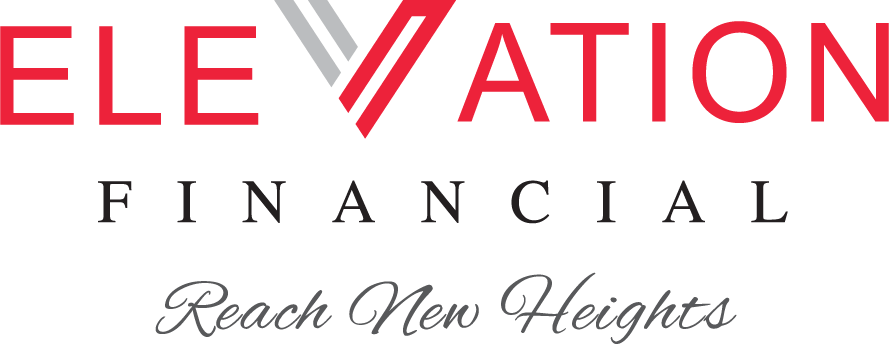Most small business owners are familiar with the concept of factoring. This term means that a business sells the value of some of its unpaid invoices to a third party in exchange for immediate access to cash. However, business owners should not expect to receive the full value of the outstanding invoices since the factoring company holds up to 20 percent of it back to cover its fees.
The invoice buyer collects on the invoices rather than the company that originally sold goods or services. The party selling unpaid invoices should understand that they will pay interest on the uncollected balance until their former customer pays in full. Since the annual percentage rate can be quite high, it’s a good idea to carefully evaluate all available options.
Accounts Receivable Financing
This option typically involves the seller of unpaid invoices receiving a higher percentage of their face value as well as lower interest rates. Additionally, a business owner can sell invoices on a non-resource basis when using accounts receivable financing that he or she would not be able to do with invoice factoring. The customer never receives notification that the business chose to sell his or her invoices to an outside organization. This is important for some business owners who prefer to keep financial dealings private whenever possible.
A customer who chooses this option does not need to sell all of its invoices from a single customer to a company offering accounts receivable financing. Instead, the owner can select which invoices to sell and which to keep based on what is best for his or her own business.
Schedule a Consultation at Elevation Financial
Factoring and accounts receivable financing are just two of the many options you have available to you as a small business owner. We invite you to schedule an appointment with us to learn more or to start the application process.

